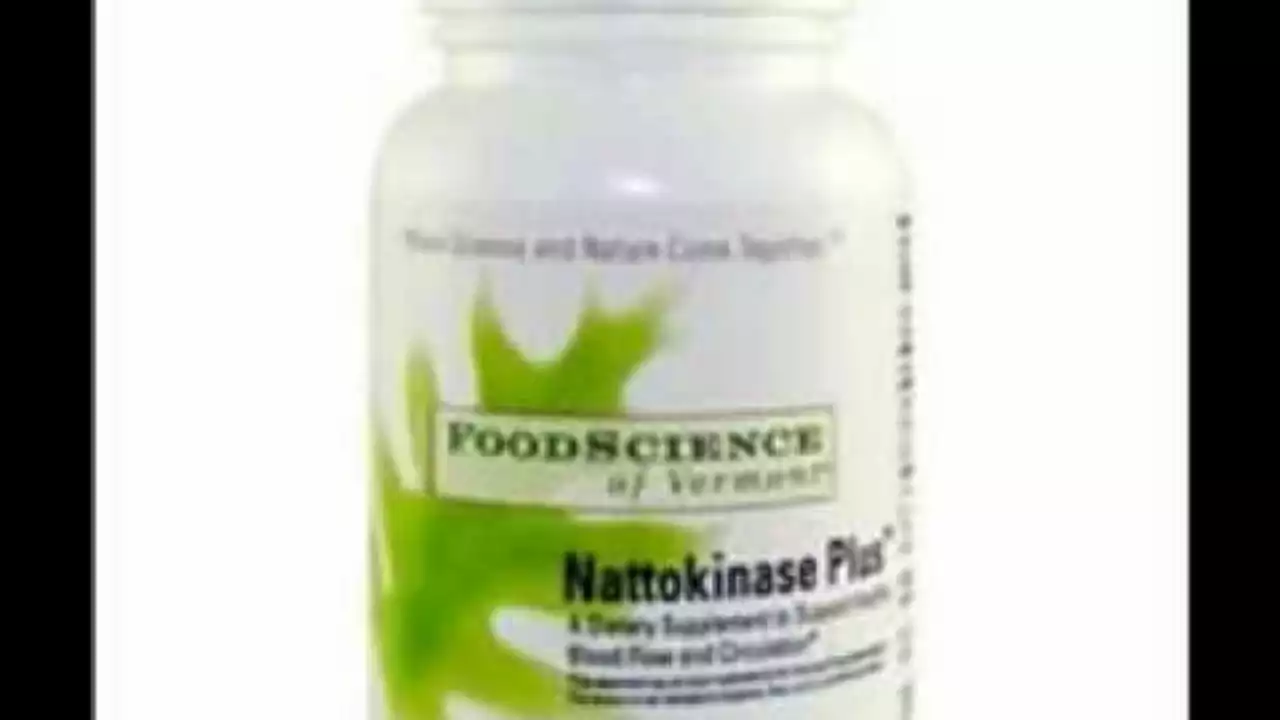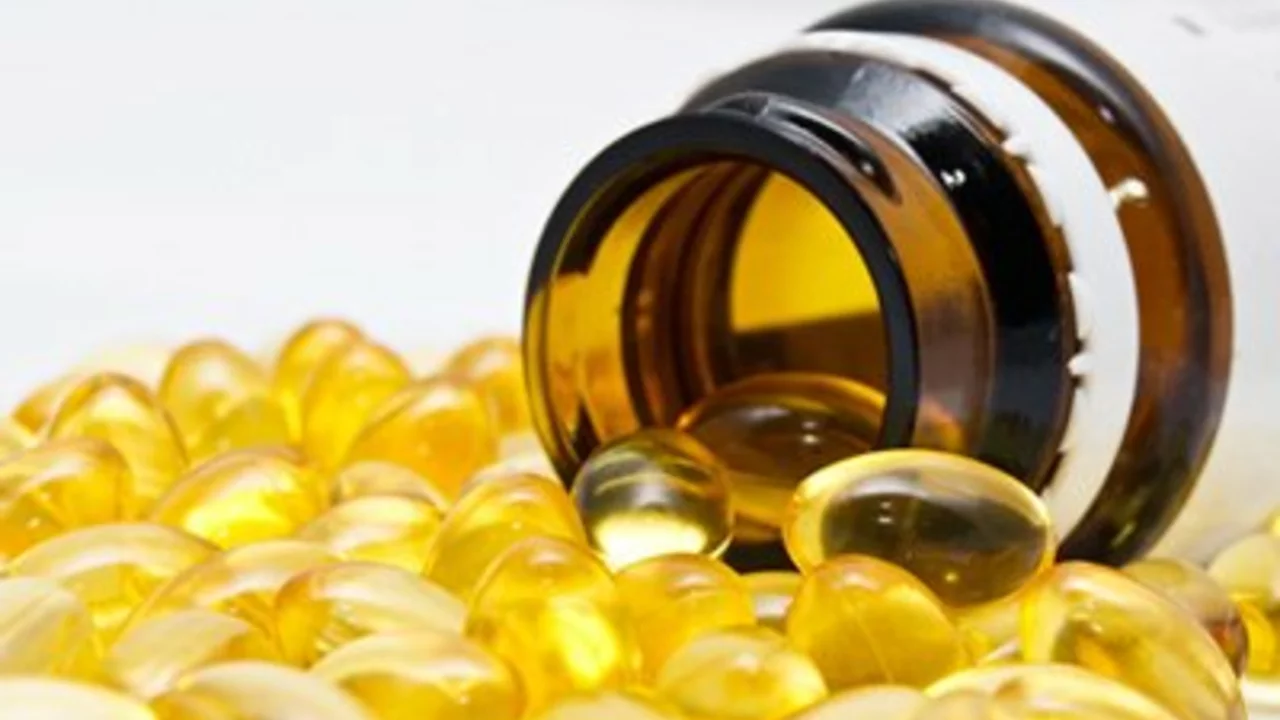Dietary supplement: what to know before you buy
Supplements promise a lot. Some help, many don’t, and a few can cause harm if used wrong. If you’re thinking about vitamins, herbs, or specialty nutrients, this page gives clear, practical steps to pick safe products and avoid common mistakes.
How to pick a safe supplement
Start with a real need. Ask: am I low in a nutrient? Do I have a diagnosed condition? If the answer is no, a multivitamin probably won’t fix what’s missing. Look for third‑party testing seals (USP, NSF, or ConsumerLab). Those tests check that what’s on the label is actually in the bottle and that there aren’t big contaminant problems.
Read the label closely. Check the exact ingredient, dose, and form (for example, methylfolate vs folic acid). Avoid products that list a long “proprietary blend” without amounts—those can hide low doses. Note allergens, fillers, and added stimulants. If you take prescription meds, match up ingredients with a drug interaction checker or ask your clinician.
Buy from known sellers. Big pharmacies, established health stores, and reputable online pharmacies reduce the chance of counterfeit or spoiled goods. Watch out for dramatic claims like “cures” or “guaranteed results.” If it sounds too good to be true, it probably is.
Using supplements safely in everyday life
Start low and track results. Begin with the lowest effective dose and keep a short diary: dose, time, effects, and any new symptoms. Give most supplements at least 4–8 weeks to show benefits, except when a deficiency causes quick changes. Stop and check with a healthcare provider if you notice new headaches, nausea, skin rashes, mood shifts, or changes in sleep.
Pay attention to timing and food. Iron is better on an empty stomach but often causes stomach upset; vitamin D and fat‑soluble vitamins work best with meals that contain fat. Avoid mixing high‑dose supplements with alcohol or grapefruit, which can change how drugs are absorbed.
Special groups need caution: pregnant or breastfeeding people, children, older adults, and anyone with liver, kidney, or heart conditions should consult a clinician before starting anything new. Athletes should check supplements for banned substances if they compete.
Want specific, practical reads? Check our posts like “Acetyl‑L‑Carnitine and Thyroid Health” for thyroid tips, “Natural Mood‑Boosting Supplements” for evidence on SAM‑e, rhodiola, and omega‑3s, and “Revitalize Your Health with Red‑Spur Valerian” if you’re looking at sleep aids. Each article breaks down risks, doses, and what the research actually says.
Use supplements to fill clear gaps, not as a replacement for a healthy diet or prescribed medicines. Ask questions, check labels, and talk to a trusted clinician when in doubt. Small, careful steps keep you safer and more likely to see real benefits.

- Jul 26, 2023
- Posted by Cillian Osterfield
Unlock the Power of Bloodroot: The Ultimate Dietary Supplement for Your Health!
In my latest blog post, I've delved into the incredible benefits of Bloodroot, a powerful dietary supplement that's a game-changer for your health. I've explored its numerous advantages, from boosting the immune system to potentially fighting off cancer cells. I've also discussed how it aids in respiratory health and can help in skin conditions. But, it's not just about the benefits, it's also crucial to understand the right dosage and potential side effects. So, if you're on the hunt for a natural, potent supplement, Bloodroot might just be your perfect match!

- Jul 12, 2023
- Posted by Cillian Osterfield
The Science Behind Chenopodium Oil: How This Powerful Dietary Supplement Can Change Your Life!
Chenopodium oil, a potent dietary supplement, has the potential to significantly improve our health. The science behind this is fascinating - it's packed with essential nutrients, antioxidants, and has anti-inflammatory properties that can aid in various health conditions. Regular use of Chenopodium oil can help boost our immune system, promote heart health, and even improve skin conditions. It's truly amazing to discover the transformative power this oil has on our wellbeing. So, it's safe to say, this little-known supplement could be a game-changer for many of us.

- Jun 26, 2023
- Posted by Cillian Osterfield
The Science Behind Peony: How This Dietary Supplement is Changing Lives
I recently came across a fascinating dietary supplement called Peony, and I just had to share the science behind it with you all. Peony has been used in traditional Chinese medicine for centuries, and now research is showing how it can improve our health. It's packed with antioxidants and anti-inflammatory properties, which help reduce pain and inflammation in the body. Additionally, studies have found that it can improve cognitive function and even help with weight management. I'm amazed at how this one little supplement can have such a significant impact on our lives and well-being.
Categories
- Health and Wellness (70)
- Medications (68)
- Health and Medicine (28)
- Pharmacy Services (12)
- Mental Health (9)
- Health and Career (2)
- Medical Research (2)
- Business and Finance (2)
- Health Information (2)
Latest Posts
©2026 heydoctor.su. All rights reserved





